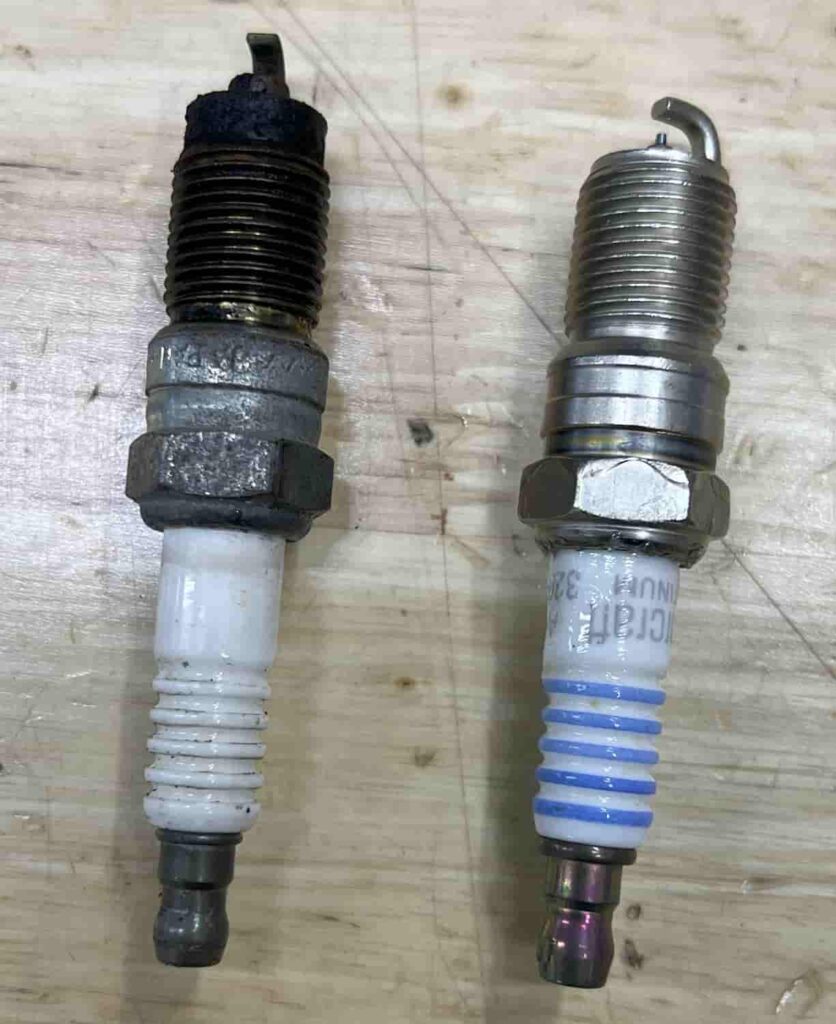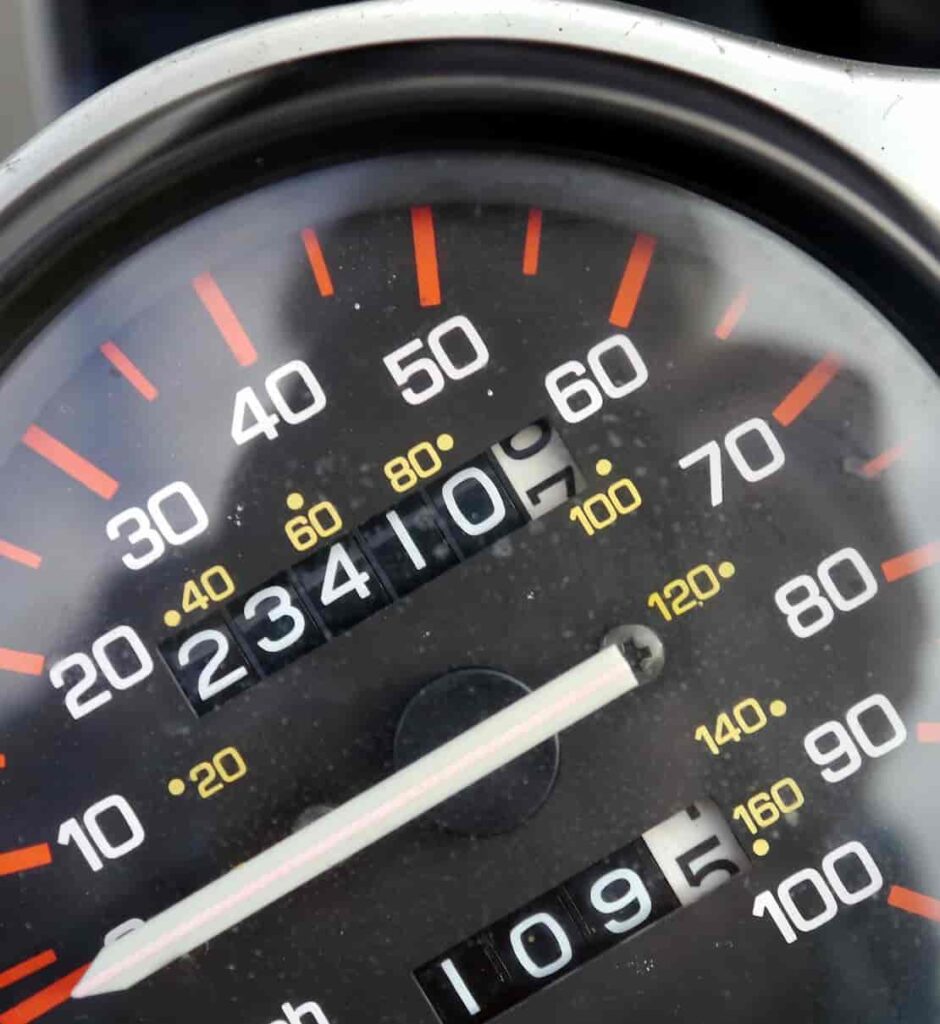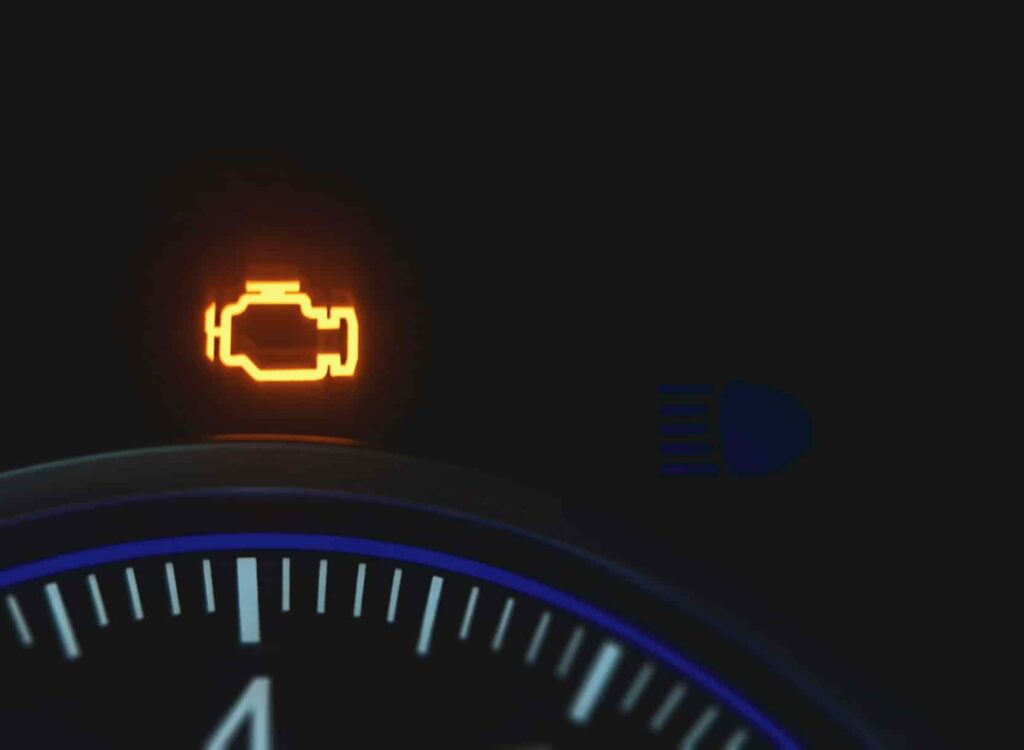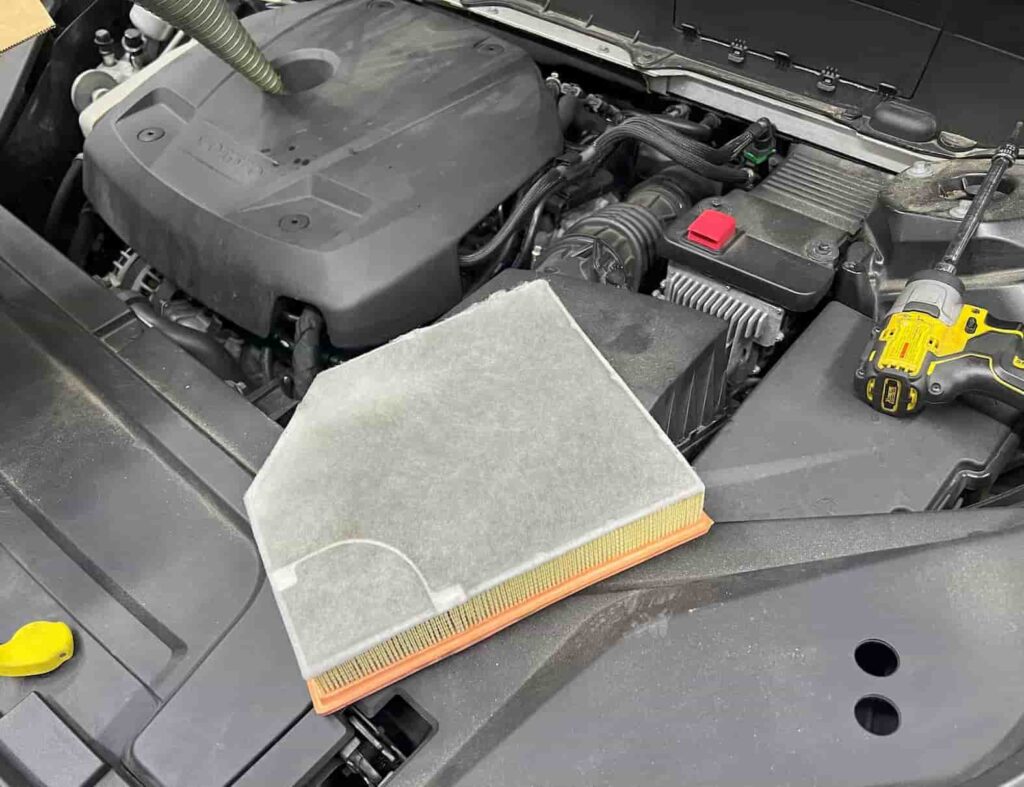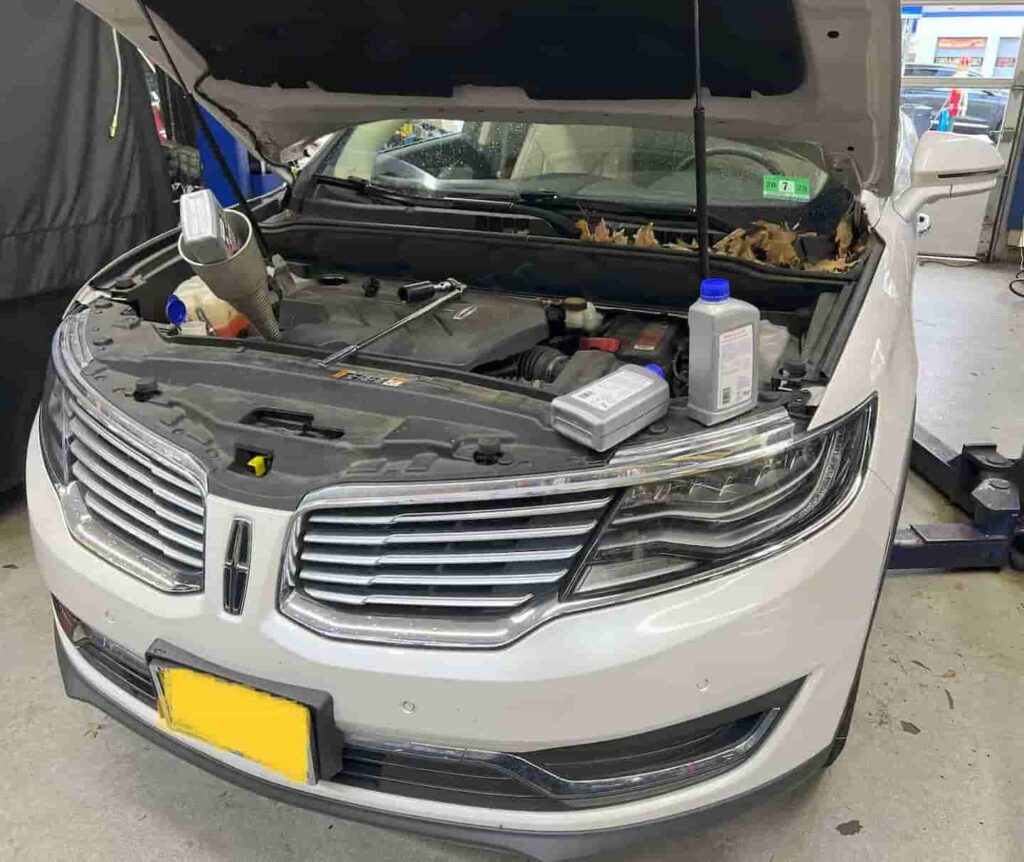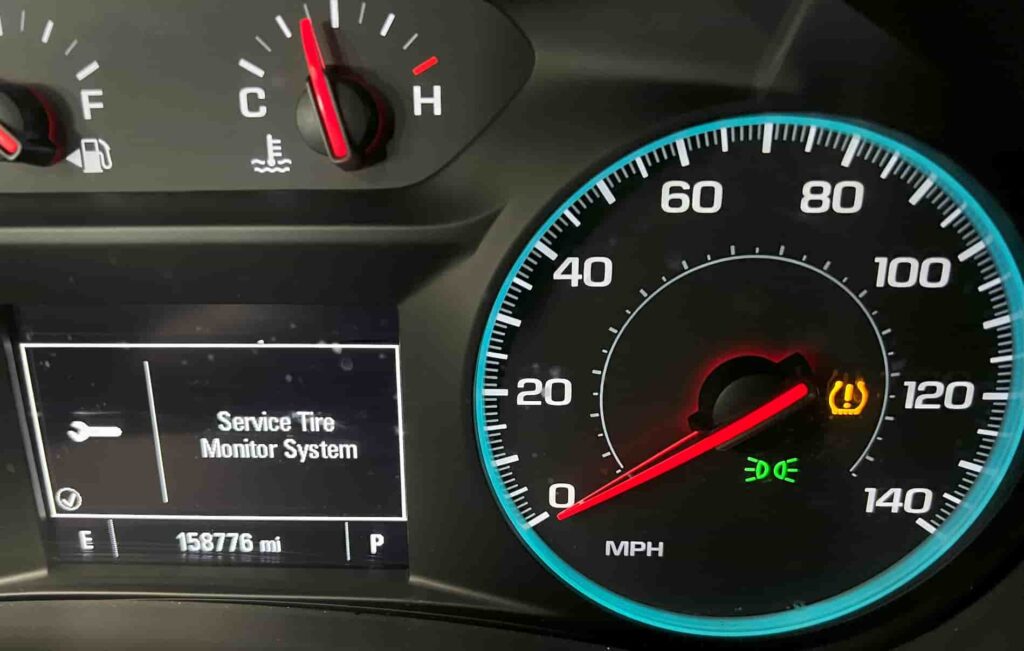What is a Vehicle Tune Up?
Ever wondered why your mechanic keeps suggesting a tune-up for your car? Let’s face it, automotive maintenance can sometimes feel like a complex puzzle, but understanding its pieces is crucial for every car owner. A tune-up might sound like just another item on your never-ending to-do list, but it’s far from trivial. In fact, it’s a fundamental aspect of car care that can save you from unexpected breakdowns and costly repairs down the road.
In this article, we’ll dive into the nuts and bolts of an automotive tune-up. We’ll explore what exactly happens during a tune-up, why it’s essential, and how it keeps your vehicle running smoothly. By the end, you’ll have a clear picture of why skipping a tune-up is not an option if you want to keep your car in top shape. Ready to get your hands dirty and learn more about this critical maintenance task? Buckle up, and let’s get started!
Factors Influencing Tune-Up Frequency
Driving Conditions
The need for a car tune-up can vary depending on driving conditions. Harsh environments, frequent short trips, and stop-and-go traffic can increase the need for regular tune-ups.
Vehicle Age and Mileage
Older vehicles and those with high mileage typically require more frequent tune-ups. As components wear out, they need to be inspected and replaced more often to maintain optimal performance.
How Often Should You Get a Tune-Up?
Recommended Mileage Intervals
Most cars require a tune-up every 30,000 miles, but this can vary depending on your specific vehicle and driving habits. Always refer to your vehicle’s owner’s manual for manufacturer’s recommendations. Your vehicle manual will describe exactly what needs to be replaced and at what mileage and time interval.
Frequency Based on Driving Habits
Your driving habits significantly influence how often you should get a tune-up. Frequent short trips, heavy loads, or driving in extreme weather conditions may necessitate more frequent tune-ups.
Signs Your Vehicle Needs a Tune-Up
Difficulty Starting the Engine
If your car has difficulty starting, it could indicate that you need a tune-up. Issues with spark plugs or the ignition system are common causes of this problem.
Vehicle Engine Misfire
A vehicle engine misfire occurs when one or more of the engine’s cylinders fail to ignite the air-fuel mixture at the correct time, leading to incomplete combustion. This can result in a loss of power, rough idling, increased emissions, and potential damage to the engine over time.
Reduced Fuel Economy
A decrease in fuel efficiency is a clear sign that your car may need a tune-up. Components like the air filter, spark plugs, and fuel system can affect your gas mileage when they’re not in good condition.
Check Engine Light
When the check engine light comes on, it’s a warning sign that something is wrong. A tune-up can help diagnose and resolve the underlying issues causing the light to activate.
Rough Idling and Car Stalls
Rough idling or frequent stalling are signs that your vehicle’s engine needs attention. These issues often indicate that the ignition system or fuel system requires maintenance.
What's Included in a Tune-Up?
Spark Plug Replacement
Spark plugs are critical for igniting the air-fuel mixture in your engine. Regular spark plug replacement can improve your vehicle’s performance and fuel efficiency.
Air Filter Replacement
Replacing the air filter is vital for maintaining proper airflow to the engine. This simple service can enhance engine performance and fuel economy.
Fuel Filter Replacement
The fuel filter ensures that contaminants don’t enter the fuel system. Regular replacement of the fuel filter is crucial for maintaining the efficiency and longevity of your engine.
Wires, Hoses, and Belts Inspection
Inspecting and replacing worn wires, hoses, and belts prevents breakdowns and keeps your engine running smoothly. This includes checking the timing belt and ignition wires.
Oil Changes
Regular oil changes are crucial for keeping your engine lubricated and running smoothly. Fresh oil reduces friction, minimizes wear and tear on engine components, and helps maintain optimal fuel efficiency and performance.
Other Essential Services
A comprehensive tune-up might also include checking and topping off fluids such as brake fluid, transmission fluid, and coolant, inspecting brake pads, and evaluating other systems like the brakes, battery, and exhaust.
What Happens in a Tune Up?
Comprehensive Inspetion
During a tune-up, mechanics perform a thorough inspection of your vehicle’s critical systems and components to identify any issues that need addressing. This may include visual inspections as well as running computer diagnostics by connecting your vehicle computer to an automotive scan tool via OBD2 plug.
Necessary Adjustments and Replacements
Based on the inspection results, necessary adjustments and replacements are made to ensure your vehicle operates efficiently and reliably. Some vehicle manufactures recommend replacing components at time or mileage intervals regardless of the component’s condition.
Preventative Maintenance Vs. Tune-Ups
Differences and Overlaps
Preventative maintenance involves regular services like oil changes, tire rotations, and brake inspections. Tune-ups focus on replacing and adjusting components to keep the engine and other systems running efficiently.
Benefits of Both
Both preventative maintenance and tune-ups are crucial for extending your vehicle’s life, improving performance, and preventing costly repairs. Regular maintenance helps identify potential issues early, while tune-ups ensure your engine and other critical systems are in top condition.
Cost and Duration of a Tune-Up
What is the Average Cost of a Full Tune-Up?
The average cost of a full tune-up can vary widely based on your car’s make and model, but it typically ranges from $150 to $750. This cost covers inspection and replacement of various components.
How Long Does an Engine Tune Up Take?
An engine tune-up usually takes between 2 to 4 hours, depending on the services performed, the vehicle type, and the condition of your vehicle.
Where to Get a Tune Up
Dealerships
Dealerships are often the most knowledgeable about your specific vehicle make and model, but they can be more expensive than independent mechanics.
Independent Mechanics
Independent mechanics can provide quality tune-ups at a lower cost and are experienced in working with a variety of vehicles.
DIY Tune-Ups
For those with the necessary skills and tools, performing a DIY tune-up can save money. However, it’s essential to follow proper procedures to avoid damaging your car.
FAQs
How do you know when your car needs a tune-up?
You might notice difficulty starting, reduced fuel economy, rough idling, or warning lights like the check engine light indicating it’s time for a tune-up.
What is the Difference Between a 30,000 miles and 100,000 miles tune up?
A 30,000-mile tune-up involves basic maintenance such as replacing spark plugs, air filters, and fuel filters, along with inspecting belts, hoses, and fluids. A 100,000-mile tune-up is more comprehensive, often including everything in the 30,000-mile service plus major component replacements like the timing belt, and more in-depth inspections of the transmission and brake systems to address wear from higher mileage.
What is included in a full service tune-up?
A full service tune-up typically includes spark plug replacement, oil change, air and fuel filter replacement, battery and charging system testing, inspection of wires, hoses, brakes, tires, and belts, as well as inspecting the cooling system, transmission lines, and A/C.
Do Newer Vehicles Need Tune Ups?
Yes, newer vehicles still need tune-ups, but they are less frequent than older models due to advancements in technology and longer-lasting components. Regular tune-ups for modern cars still involve checking and replacing items like spark plugs, filters, and fluids to ensure optimal performance and fuel efficiency.
Do Electric Cars Need Tune Ups?
Electric cars do need maintenance, but they do not require traditional tune-ups like gasoline-powered vehicles. Their maintenance focuses on battery health, software updates, tire rotations, and inspections of the electric drivetrain and braking systems.
About the Author
STEFAN A.
Professional Automotive Technician – I am currently an automotive technician in New Jersey and have worked in private shops as well as dealerships. When I am not writing articles I am wrenching on race cars and driving radio controlled cars at the track!
